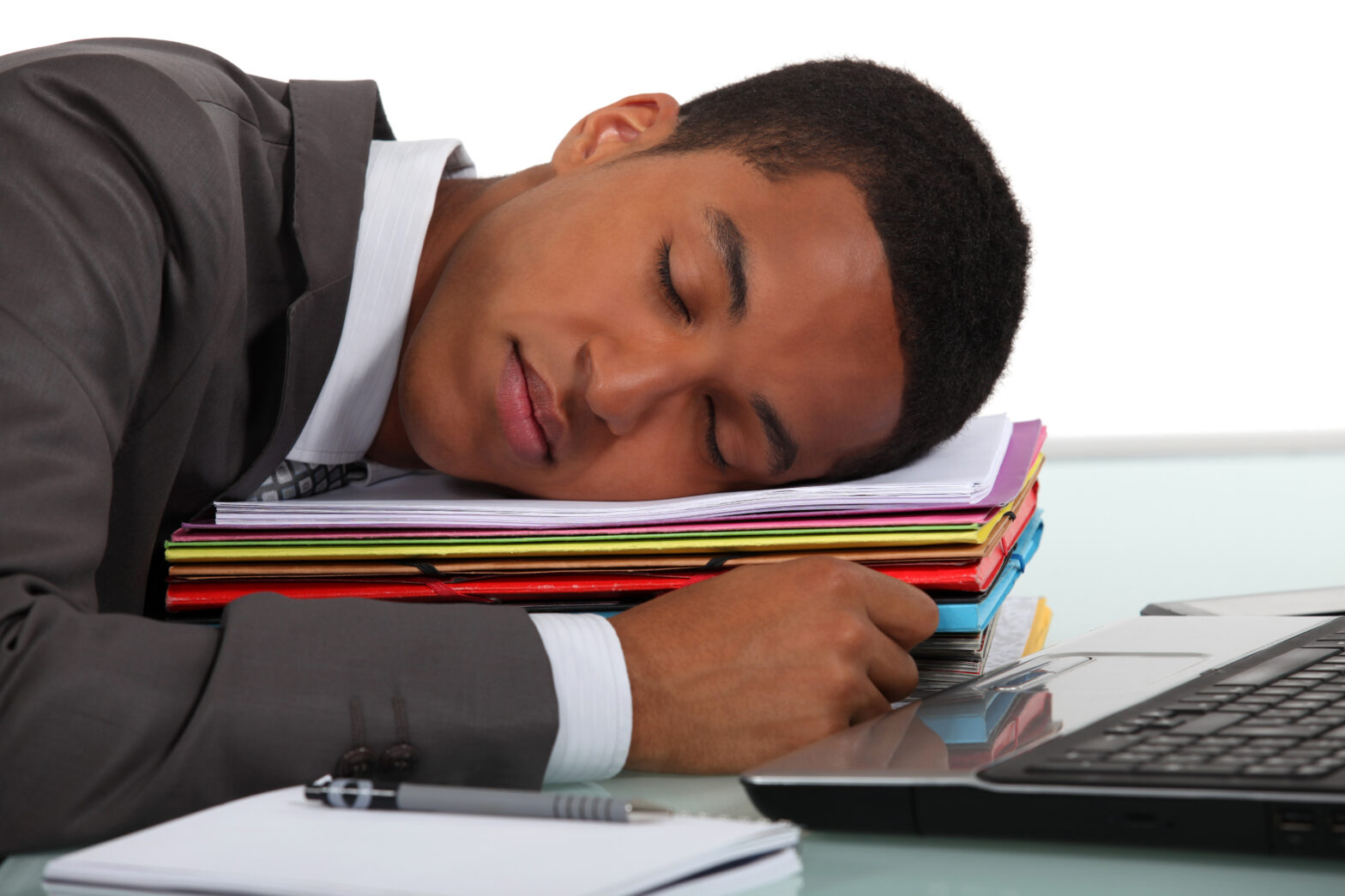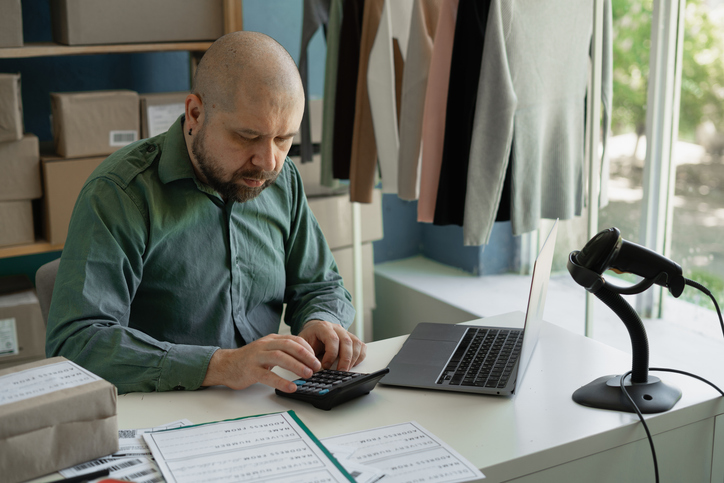Of the 1000 people surveyed by SME money saving website DealJungle.com, 46 per cent believe that a nap at lunchtime would improve their productivity in the afternoon.
Just over a quarter (26 per cent) believe that it would have a negative effect on their output, with 8 per cent of those polled having no opinion either way.
The survey shows that a majority (63 per cent) believe that office productivity dips in the afternoon, with 2:45pm being the time most employees identify as the start of the post-lunch dip.
More than a third (37 per cent) of those polled are prepared to sacrifice all breaks in order to reduce their working hours either in the morning or afternoon.
Stress specialist Helen Wingstedt, who has over a decade of experience in dealing with stress and the side effects of stress says that sleep is an essential component of success and the amount required varies from one person to another.
‘Whether an afternoon nap is beneficial depends on the reason it’s needed. For example, people suffering the side effects of longer term negative stress will find the daily pressures of life difficult to deal with,’ she says.
‘As the mind reaches its stress threshold the desire to ‘escape’ increases and the ultimate form of escape is sleep. In this instance, sleep isn’t the answer – dealing with the reasons for on-going negative stress is. On the other hand, busy people with a lot to do who find their schedule overly full will benefit enormously from an afternoon nap to catch up on sleep and recharge batteries.’
Tiredness hinders workers
Many UK workers struggle to keep their eyes open in the office, a study reveals.
According to a survey by decongestant company Sudafed of 3,000 adults, nearly one third of the British workforce have nodded off at their desk at some point in their career.
Nine out of ten say they have made a mistake because they were too tired to concentrate on the job in hand.
Worryingly, some 47 per cent report that a bad night’s sleep meant that they even struggled to get in to work.
Dr Adrian Williams, professor of sleep medicine at Kings College London says: ‘More than three hours sleep lost in a single night amounts to more than moderate sleep deprivation which many well regarded clinical studies have convincingly shown results in poorer daytime performance, and in some, excessive sleepiness.’





